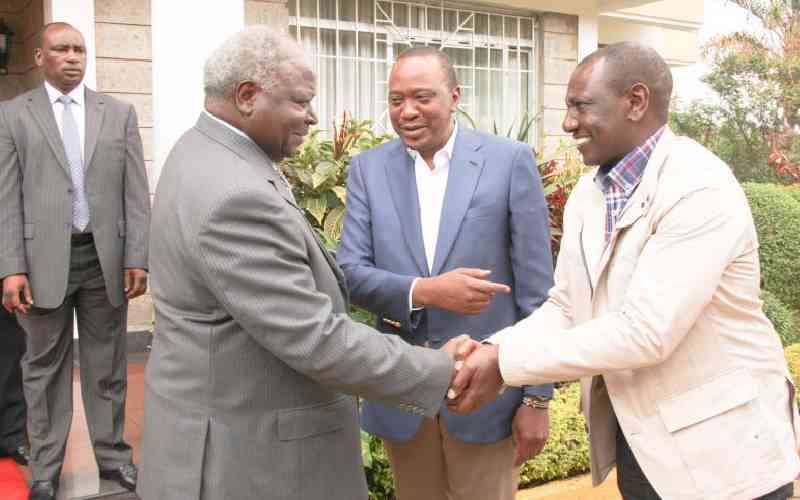×
The Standard e-Paper
Home To Bold Columnists

President William Ruto has repeatedly compared his policies to those of Mwai Kibaki and some pundits have gone further to claim he has done better in some aspects.
A World Bank report recently pointed out that late Kibaki was Kenya's best president after his economic policies did the most to cut poverty rates, especially among rural households between 2005 and 2015.